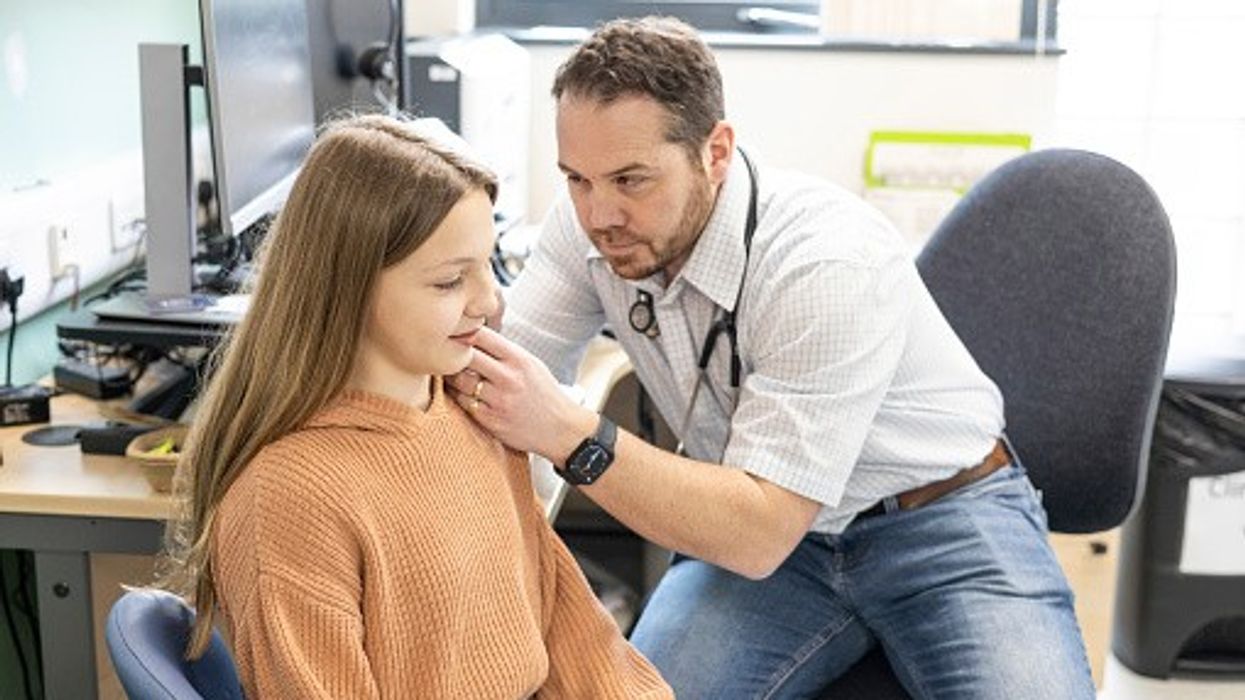The number of fully-qualified GPs is steadily increasing, but it’s still fewer than five years ago
General practice has delivered a record number of appointments despite the workforce crisis, but health leaders warn it is “not sustainable.”
NHS England's latest workforce and appointment data shows that general practice delivered 41.3 million appointments, marking an increase of 3 million compared to last year's record and a significant rise of 10 million from five years ago.
The number of fully-qualified, full-time equivalent (FTE) GPs rose to 28,031 in October, reflecting a 2.4 per cent (663) increase compared to October 2023.
However, Professor Kamila Hawthorne, chair of the Royal College of GPs (RCGP), pointed out that the workforce still has “nearly 100 fewer fully qualified, full-time equivalent GPs” than in 2019.
“Whilst this shows the dedication of GPs and our teams to ensure patients receive the care they need, it is not sustainable,” she said, expressing concern that the mounting workload is leading many GPs to experience burnout.
A recent RCGP survey revealed that over 40 per cent of GPs are unlikely to remain in general practice in five years, with more than half saying they find the job ‘too stressful.’
Professor Hawthorne also referenced the Lord Darzi review, which acknowledged that primary care consistently delivers more care, with a shrinking proportion of the NHS budget.
She warned that rising pressures on general practice are affecting patient access to care.
“We’ve heard some encouraging proposals from the new government to move more resource into primary care, but the pressures remain – and worsen – month by month, and it is our most vulnerable patients who are bearing the brunt when they struggle to access our care,” she said.
“With winter fast approaching, our services will only get busier – and uncertainty around how the hike in National Insurance for employers will impact practices is only adding to the pressures general practice is facing.”
“We need action now to alleviate the workforce crisis,” Professor Hawthorne continued, calling for urgent investment in general practice, including schemes to recruit and retain GPs to maintain the high-quality care patients deserve.
Jake Beech, Health Foundation policy fellow, noted that the workforce crisis is contributing to declining patient satisfaction.
“These numbers speak to the huge effort that has gone into meeting the high level of demand for primary care, but need to be seen within the context of declining patient satisfaction and high numbers of GPs struggling to manage overwhelming patient demand,” he said.
NHSE data shows that the number of fully qualified, permanent FTE GPs was 27,519 in October 2024, compared to 28,590 in September 2015.
“Although the expansion of other staff working in general practice – like pharmacists and paramedics – has helped to expand the number of appointments available, these staff cannot replace GPs who are responsible for managing the most complex cases.
“If the government is serious about its ambitions to move care out of hospital and into primary care then it needs to ensure general practice is given the resources it needs to recruit and retain more GPs, especially in the most deprived areas which are particularly under-doctored,” he added.
Beech also called for greater investment in training and staff development, as well as creating the right conditions to retain workers.













